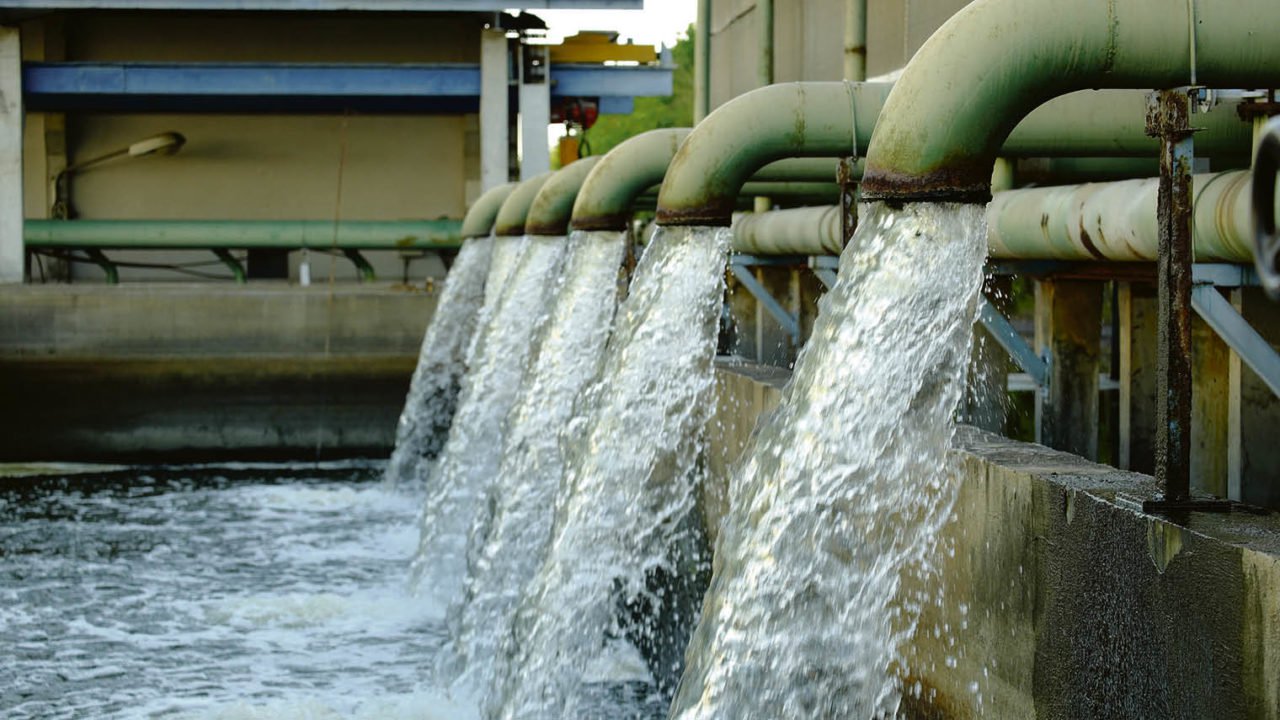 Civil society and labour activists on the platform of Our Water Our Right Africa Coalition have charged African governments to reject all models of water privatisation and demand the return of water systems seized by private corporations to people through public funding and equitable management.
Civil society and labour activists on the platform of Our Water Our Right Africa Coalition have charged African governments to reject all models of water privatisation and demand the return of water systems seized by private corporations to people through public funding and equitable management.
The coalition made the demand at an international media briefing held virtually with select journalists in Lagos where the report – Africa Must Rise & Resist Water Privatisation was launched as part of activities to mark the Africa Week of Action Against Water Privatisation, which began on October 11, 2021 and runs through October 15, 2021.
The week of action coincides with yearly meetings of the World Bank and International Monetary Fund (IMF), which the coalition discovered were among the biggest drivers of water privatisation on the Africa continent.
The coalition detailed how privatisation has become the most potent threat to Africans’ human right to water and cited water privatisation failures in the United States, Chile and France as lessons for African governments being pressured by the World Bank and other multilateral financial institutions to accept water privatisation.
The activists were drawn from Cameroon, Gabon, Ghana, Kenya, Mozambique, Nigeria, Senegal, Tanzania, and Uganda, representing parts of the continent currently under acute threat of water privatisation.
Some of the groups are Corporate Accountability and Public Participation Africa (CAPPA), Public Services International (PSI), Africa Centre for Advocacy (ACA), Syndicat Autonomes des Travailleurs de l’Eau du Sénégal, among others.
They insisted that while water remains one of the most fundamental necessities of life, giant corporations like Veolia and Suez, backed by the World Bank are exploiting the basic need by trying to privatise water across the African continent, threatening to leave millions of people suffering without water.
Executive Director of CAPPA, Akinbode Oluwafemi, who stressed the need for community and labour resistance to privatisation, said: “No matter where you are in Africa, the threat of water privatisation is real.
“Corporations and institutions like the World Bank are trying to suck water and profits out of Africa as though they have a massive drinking straw. But Africans say no, because our water is our right. We do not need international financial corporations to take care of our people.”
On the impacts of water privatisation on workers in Africa and the role of labour in the movement confronting it, PSI’s Sub-regional Secretary for Anglo-Phone Africa, Everline Aketch, said: “As labourers and citizens, we are guardians of good governance. So, the labour movement joins civil society in saying that water is life. When governments move to allow water privatisation, it means they are trying to kill our people.”
In connecting the struggle for water justice in Africa to the broader Pan-African movement for Black liberation, Dr. Melina Abdullah of Black Lives Matter, Grassroots, said: “It is an African principle that people should share in and have a right to the world’s resources. The idea that water could be privately owned is a white supremacist notion. Access to water should be a human right, not something that should be dominated by white supremacist capitalism.”
On his experience fighting water privatisation and injustice in Cameroon, Younoussa Abbosouka, Advocacy Officer at the Africa Centre for Advocacy, said the country had already weathered one storm brought about by water privatisation.
“Now, our government must protect us from the pressure of the World Bank, which brings strong winds blowing in favor of profits, not people. Protect Cameroon and guarantee clear skies ahead by investing in public water,” he said.
On his part, representative of Syndicat Autonomes des Travailleurs de l’Eau du Sénégal, Oumar Ba, said: “Everyone needs water to live. In Senegal, I have witnessed the impacts of water privatisation and I know that Suez’s control of our water system is a threat to the future of Senegalese people. Water must be a public resource, not a privatised commodity.”
Coordinator of the Alternative World Water Forum (AWWF) in Ghana, Leonard Shang-Quartey, disclosed that Africa also exposed the World Bank’s plans to ensure its privatisation plans advance unchallenged in Africa.
“World Bank’s determination to grab Africa’s water is the reason its Council wants to hold the World Water Forum in Africa in March of 2022 in Dakar, Senegal, one of the few countries where public-private partnership in water is still running despite huge failures and havoc it has caused the people,” he said.
Other activists, who stressed the need to resist water privatisation in Africa, due to its failure in other climes are, Prof. Sofiri Joab-Peterside of the University of Port Harcourt, Nigeria; Former Deputy Mayor of Paris and President of Eau de Paris, Anne Le Strat; United Nations Special Rapporteur on extreme poverty and human rights (2014-2020), Léo Heller and United State congress woman, Gwen Moore, among others.



